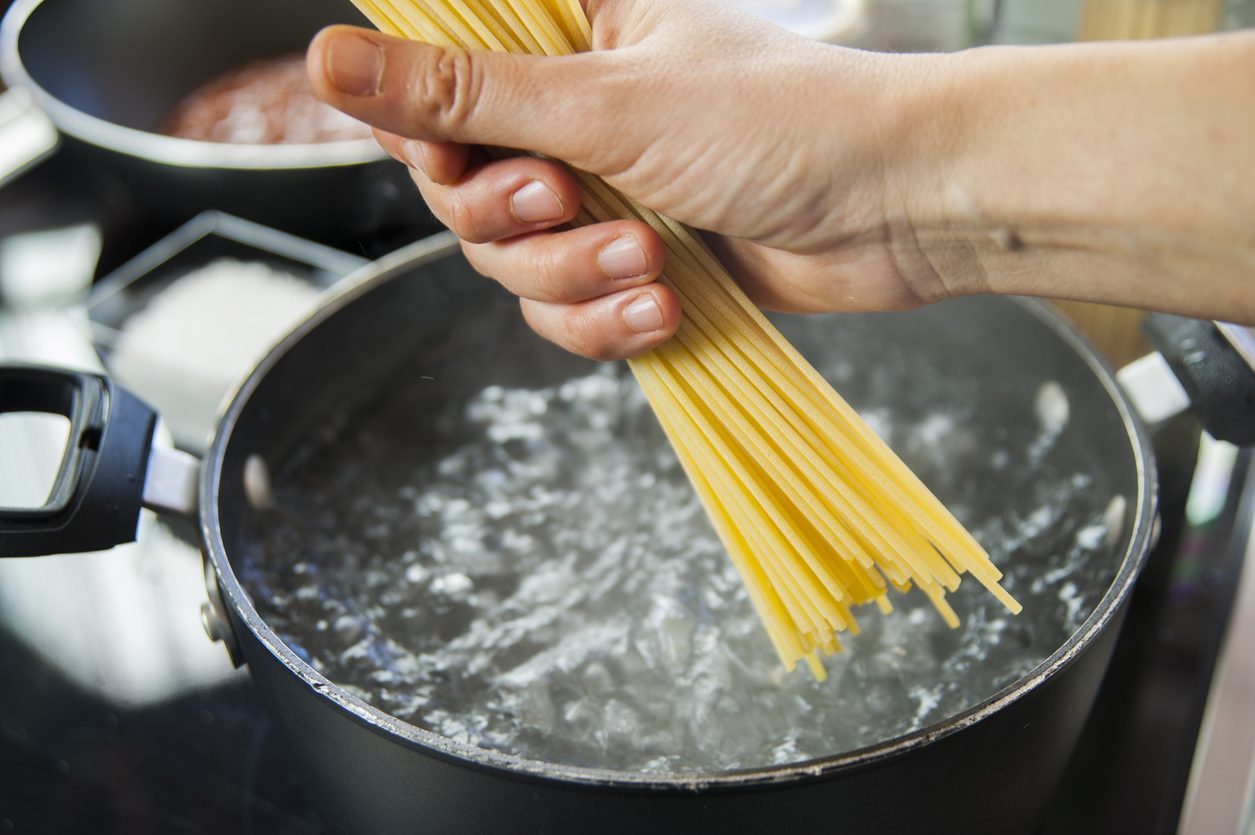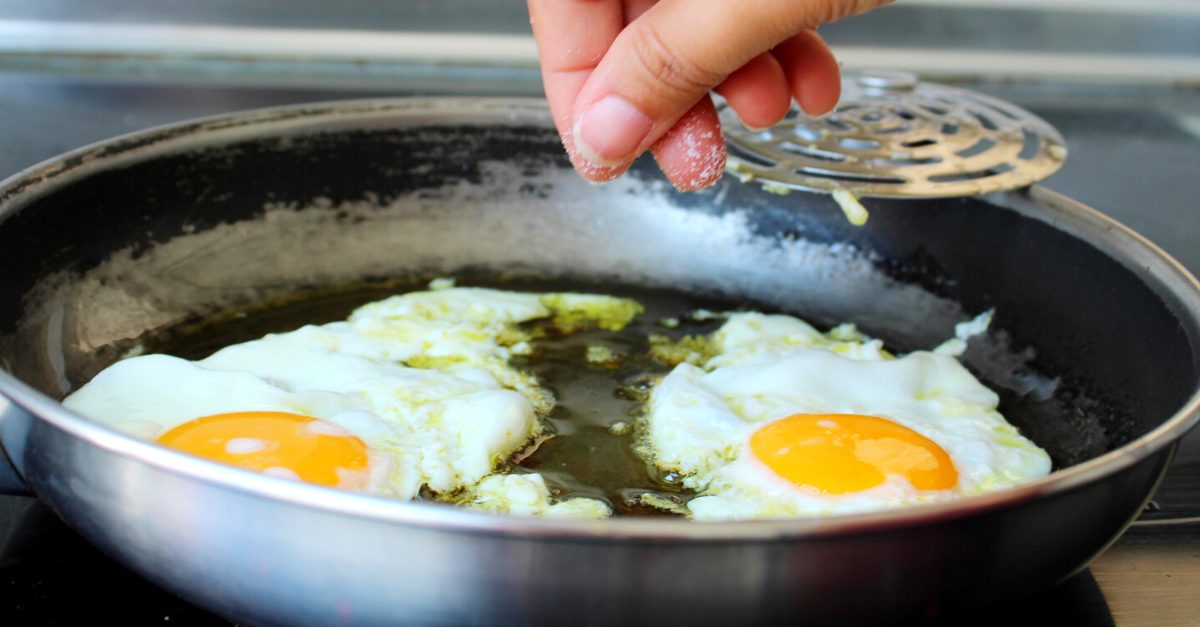Perfecting Pasta: How Much Salt Should You Add to Pasta Water?
Cooking pasta is an art form that goes beyond mere boiling; it's about crafting flavors and textures that delight the palate. A critical step in this process is salting the pasta water. But how do you strike the perfect balance? Let's dive into the importance of salting pasta water and how you can use this simple trick to elevate your pasta dishes.
;Resize,width=742;)
Let's set the scene: you're standing in your kitchen, ready to cook up a delicious batch of pasta. But before you toss those noodles into boiling water, there's a simple yet crucial step you can't overlook: salting the water. This little trick isn't just about adding flavor – it can transform the entire cooking process. By adding salt to boiling water, you're not only enhancing the pasta's taste from within but also ensuring it cooks evenly to that perfect al dente texture you crave. So, let's explore the science behind salting pasta water and why it's the secret ingredient every pasta lover needs to know about.
Understanding the Science: Why Salt Pasta Water?

Salting pasta water isn’t just mere seasoning; it's a scientific art form that profoundly impacts the essence of the dish. When salt is introduced to boiling water, it undergoes a chemical dance with the pasta, infusing it with flavor from within while leaving it with the coveted al dente texture. This molecular interaction not only enhances the pasta's taste profile but also ensures even cooking, preventing it from succumbing to a starchy demise.
Furthermore, the addition of salt to boiling water elevates its boiling point, creating an environment conducive to optimal pasta preparation. This higher boiling temperature facilitates more efficient heat transfer, resulting in pasta that cooks evenly and maintains its structural integrity. As a result, each strand emerges from the pot perfectly cooked – firm yet tender – ready to delight the palate with its flavorful embrace.
How Much Salt Should You Add to Pasta Water?

The age-old question persists: How much salt is enough? The general rule of thumb is 1 to 2 tablespoons of salt per gallon of water. However, the real magic happens when you trust your taste buds. The water should taste pleasantly salty – not overpowering, but enough to enhance the pasta's natural flavor profile.
The trick is to start with a conservative amount of salt, then gradually add more while tasting until you achieve that perfect balance. Remember, it's easier to add more salt than to try to rectify an overly salty pot of water.
4 Simple Tips for Salting Pasta Water

Salting pasta water is a straightforward task but it can be rid with several mistakes, such as oversalting the pasta, if you are new to doing so. But don’t worry, here are a few simple tips that can help you start salting pasta water like a pro:
- Choose the right salt: Opt for kosher or sea salt for superior flavor dispersion throughout the water and ultimately, your pasta.
- Timing is key: Add salt to vigorously boiling water to ensure it dissolves properly, spreading its flavor evenly.
- Stir gently: Help the salt dissolve and distribute throughout the water by stirring gently, ensuring every bite of pasta is perfectly seasoned.
- Don’t forget to do a taste test: Before adding your pasta, take a moment to taste the water. It should have a lightly salty flavor.
Conclusion
When it comes to cooking any pasta dish, every detail matters – including the salt in your pasta water. Now that you understand the science behind salting and following these practical tips, you can take your pasta dishes from mundane to magnificent.
;Resize,width=767;)

;Resize,width=712;)
;Resize,width=712;)
